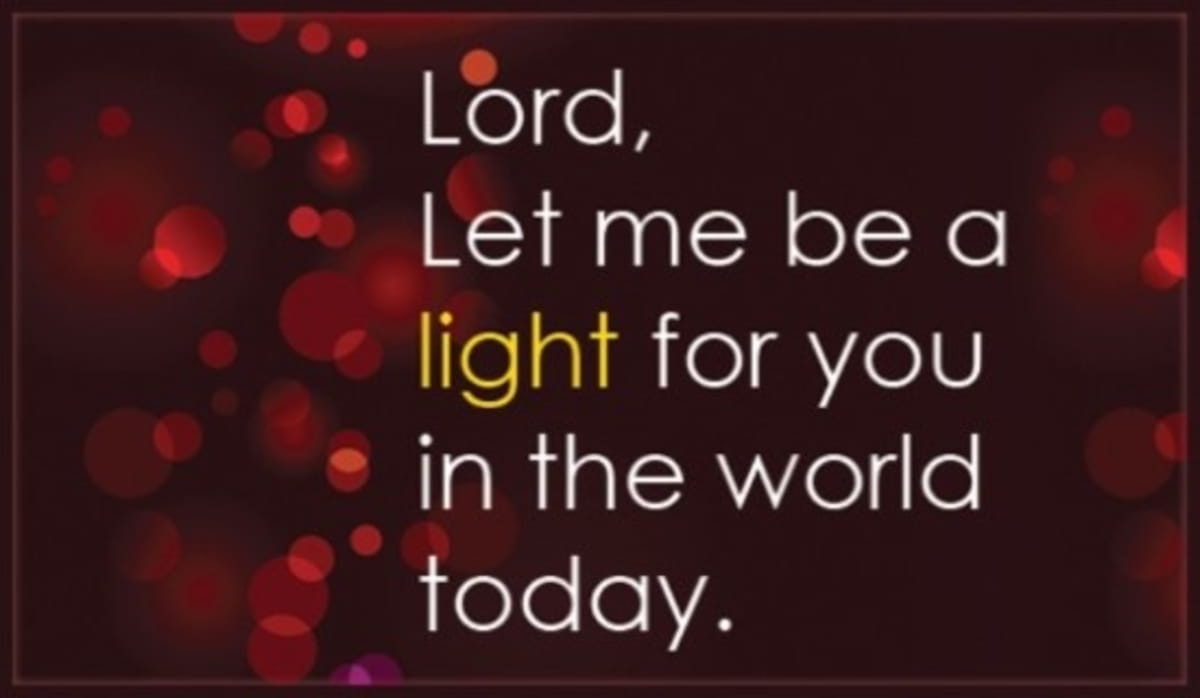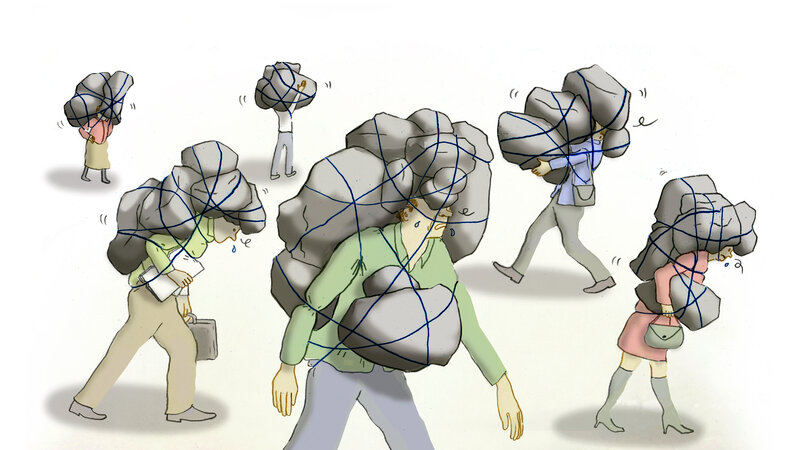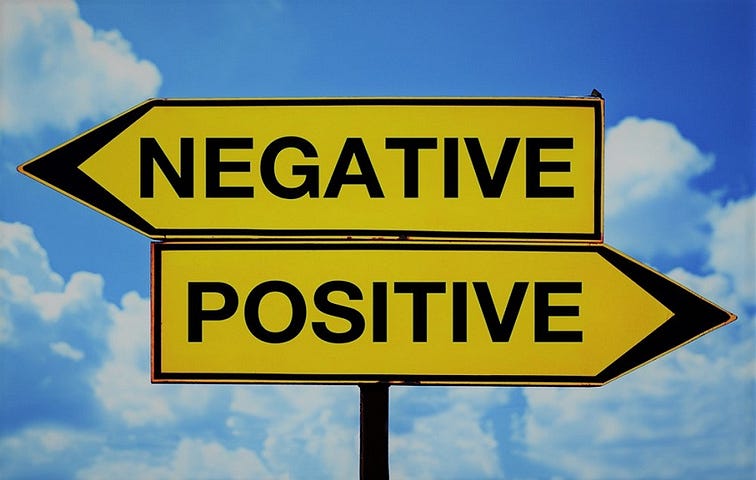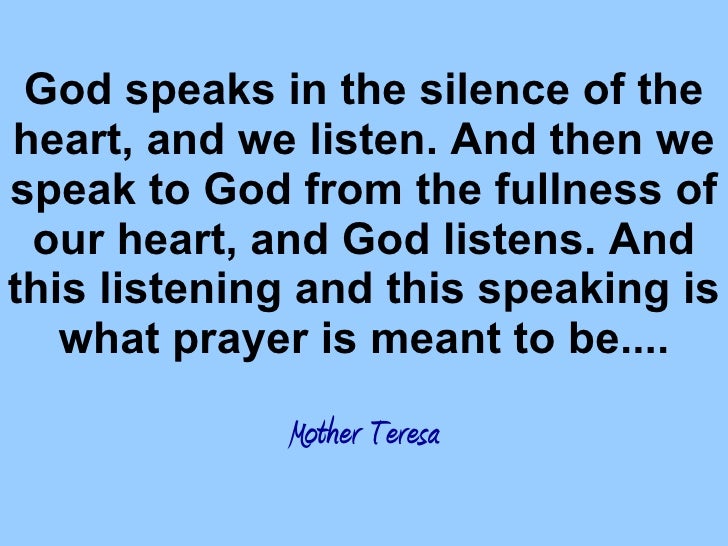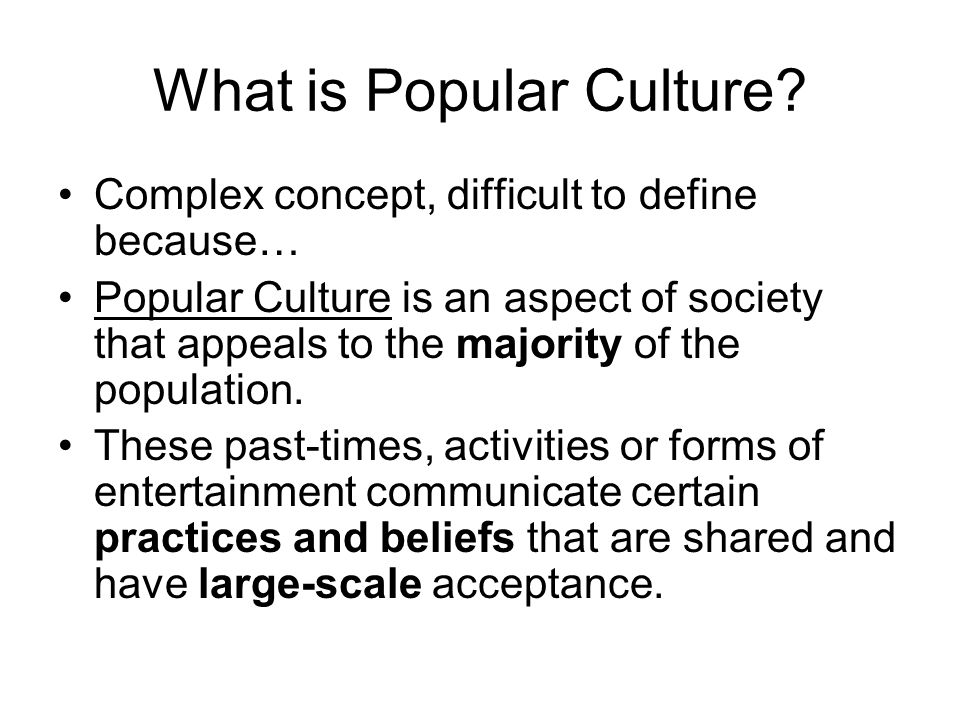The priest writer of a column in the Catholic Times recalls waiting to take a bus when a grandfather, a complete stranger, came up to him with candy in his hand saying: "Believe in Jesus." In a slightly annoyed voice, he answered: "Yes I believe in Jesus."
He closed his eyes for a few seconds and opening them again thinking the grandfather would be gone. But no, he was still there putting the candy in front of his eyes and again: "Believe in Jesus." This time for a moment, because of the grandfather, he didn't want to believe in Jesus? Who in the world would want to believe with a person dangling candy in front of your eyes and asking you to believe?
The bus came and he went on his way. However, he was embarrassed seeing the way he acted with the grandfather. If only he had been a little more understanding and kinder in dealing with him! 'Grandpa you are doing good work. I am also a believer in Jesus. May you have a good day and have success in your work!' How wonderful it would have been..."
Thinking over what he had done it was the candy and belief in Jesus coming together that he found difficult to accept. Jesus' connection with candy bothered him and responded unkindly to the grandfather.
On returning to the monastery that evening, he realized that he actually wanted his faith to be candy. He always wanted God, Christ, and the Holy Spirit to be like sweet candy. Our Blessed Mother was always sweet! And he realized that his faith life was always looking for the good feeling. He was very happy with the Bible, it was good to have faith in the people around him.
And in fact, on occasions, he actually thought of Jesus as similar to candy. Rather than feel a deep love for human beings by participating in the Lord's suffering, without deep insights and meditations, on the crucifixion, death, and the meaning of salvation, even the mystery of crucifixion was like candy. I accepted the sweetness of love both received and given without considering the cost.
Candy. It's a good snack food replenishing our body's sugar and gives us energy but too much, will eventually make you sick. Eating too much is a factor in the disease that makes the body unable to control it. This is true also of the spiritual life.
Every day, knowing that God loves me is a whisper that speaks sweetly. But if that is all we remember the sweet whisper of love, we may be skipping the long journey of death and the cross to give us life in its fullness.
Thanks to the grandfather who offered him candy, it helped the priest to look over his own life. Sorry, he wasn't kinder to him but thankful for his help in examining his own life. He should have taken the candy, thanked him and told him that he will believe in Jesus. He wished that had been the case. A regret that is not really a regret.

